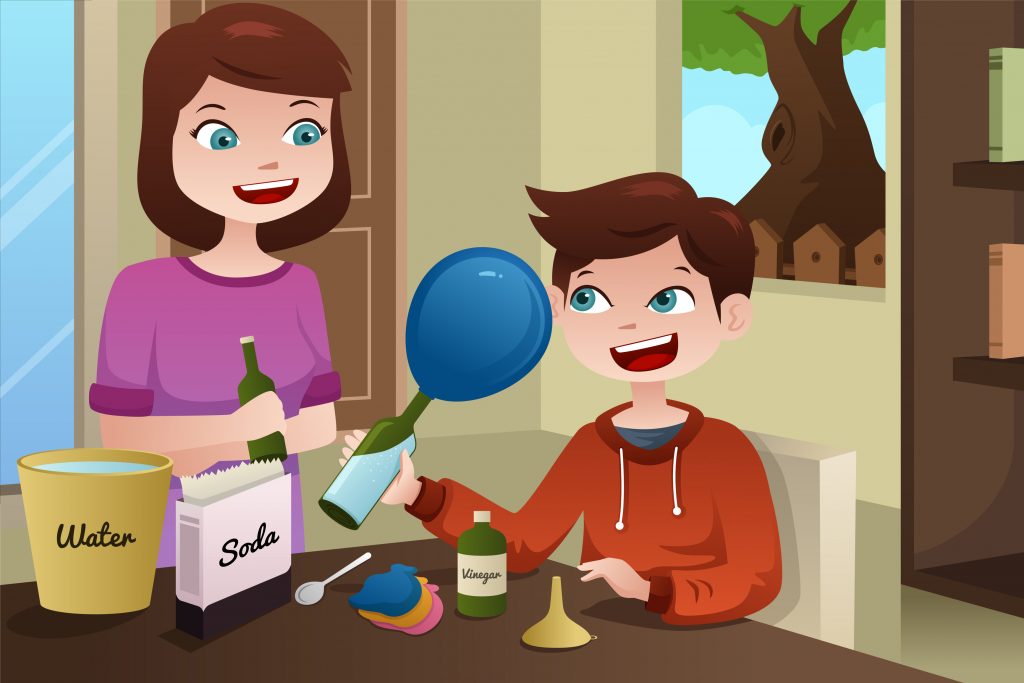Looking for recommended reading lists by grade? We have a great list of books for you here!
Whether you are looking to keep your children occupied with a great books or just a summer reading list, we have enough great suggestions to keep them busy all year long. Our lists include a mix of poetry, short stories, classic novels, historical nonfiction and more! These recommended books will encourage your children to love reading, while improving their reading and language arts skills.
Recommended Reading Lists by Grade:
- Children’s Classic Tales
- Kindergarten
- 1st Grade
- 2nd Grade
- 3rd Grade
- 4th Grade
- 5th Grade
- 6th Grade
- 7th Grade
- 8th Grade
- 9th Grade
- 10th Grade
- 11th Grade
- 12th Grade
- High School Summer Recommendations
Check back often. We will add new and update book lists regularly.
10 Reasons to Introduce Your Children
to Great Books
The next time you are spending time with your children, bring up some of your favorite classic authors. Start talking about the books you read when you were young, and books written long before you were born.

You may be shocked to find that your children do not even recognize the names of many classic authors. We are living in an age where the knowledge found in classical literature is pushed to the side and modern books written purely for entertainment purposes are embraced.
In fact, you will find modern titles selling for a decent price as Kindle downloads, while downloads of the classics are given away free. That is actually a good thing if you want your children to start reading those classics, but the fact that they are not considered worth even a buck is extremely sad.
You will enrich the minds of your children in all of the following ways if you simply encourage them to pick up the classics every now and then:
1. Classic books deliver accurate portrays of historical events taught in history class.
Your children are going to learn about history, even it if is the “revisionist history” that many accuse textbooks of teaching. Rather than leave them to believe whatever is written by a modern author who never experienced the historical events being taught, you can arm your children with the words of people who were alive in those distant times. Those people are all dead, but their words remain in classical works of art.
2. Books written in different periods of time give different perspectives on the world.
You don’t want your children to be limited to the views expressed in the modern world. You want to expand their options by introducing them to different perspectives and ideas from people alive in different historical periods. This allows your children to develop their own perspectives of the world, influenced by their knowledge of history.
3. Classic literature explores a variety of political and societal concerns.
Political issues are spread throughout classic books. If your children are starting to grapple with politics and issues of society, it will help them to see these issues as they have evolved in literature through the years.
4. Classic books ensure important ideas are never forgotten.
There are a lot of ideas presented in classical books that are not expressed openly in society today. If you want your children to be aware of these ideas, you will have to introduce them to classical literature.
5. The language used in literature has changed dramatically over the years.
Educated children should be able to understand the English language as it was spoken in different historical periods. Since we speak quite differently today than we did in the past, classical books are the only way to expose your children to language as it occurred through history.
6. Children can expand their vocabulary significantly by reading classic books.
Since the language of classical books is different, your children will naturally pick up vocabulary words that others their age have never heard of, and may never hear of in the future.

7. Your children will have a wide source of reference points for their own creative ideas and artistic works.
There are many creative and talented children today, but many of them do not have the reference points that come from the classical arts. You can give your little artists a jump on the competition by exposing them to these references.
8. The classics enforce solid values that are slipping out of favor today.
If you want to expose your children to the values you grew up believing in, the classics are the best place to start!
9. The classics bring history to life, so it is more entertaining, but your kids may never just pick it up off the shelf!
Let’s face it: history can be boring. The good news is a classic work of fiction can bring it to life so it is entertaining as well as accurate.
10. You can stimulate interesting conversations with your children as they discover classical works you also enjoyed as a child.
You don’t want to have the same conversations with your child over and over. Come up with something fresh to discuss by giving them access to books you enjoyed when you were young.
This list represents just ten of many reasons to introduce your children to the classics. They still need to read modern books, and there is no harm in reading purely for entertainment at times. You want to encourage a variety of reading material so your children are aware of the past and the present as they form their ideas for the future. So introduce them to a good book today!



1 Comment. Leave new
[…] Booklists by age […]